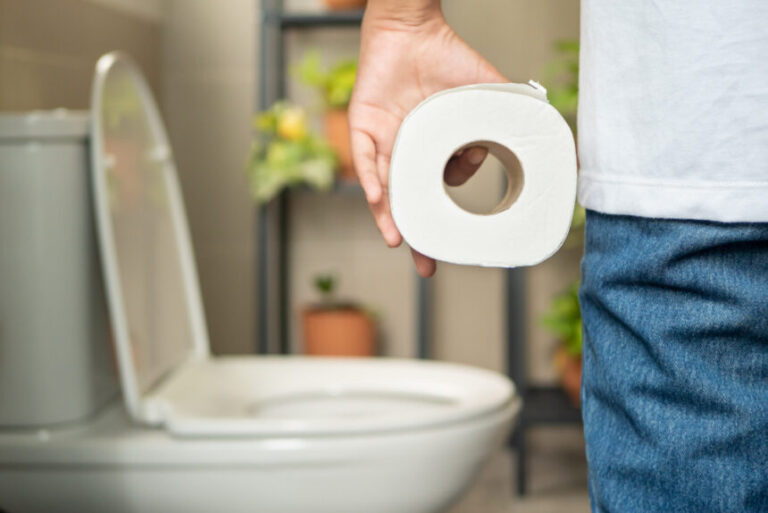Understanding and Managing Diarrhea: Causes, Symptoms, and Remedies
Diarrhea is a common digestive issue characterized by frequent, loose, and watery stools, often accompanied by mucus. This condition can lead to discomfort and disrupt daily activities. Here’s a closer look at what causes diarrhea, its symptoms, and how you can address it effectively.
What Triggers Diarrhea?
Diarrhea can stem from a variety of factors:
- Infections: Bacteria, viruses, or parasites can lead to infectious diarrhea. This often results from food poisoning or gastroenteritis caused by these microorganisms.
- Medications: Certain drugs, including antibiotics, chemotherapy treatments, and steroids, may upset your digestive system and cause diarrhea.
- Foods: Some foods, like dairy products, spicy dishes, and citrus fruits, might trigger diarrhea in sensitive individuals.
- Chronic Conditions: Persistent conditions such as irritable bowel syndrome (IBS) and inflammatory bowel disease (IBD) can also be culprits.
Common Causes
- Infections: Viruses or bacteria from contaminated food or water can cause diarrhea. Bacteria like E. coli and Salmonella are well-known for causing food poisoning.
- Food Poisoning: Consuming undercooked meat or contaminated food can introduce harmful bacteria into your system.
- Parasites: Parasites, such as tapeworms, can also lead to digestive issues and diarrhea.
Recognizing Diarrhea Symptoms
Diarrhea might be accompanied by other symptoms, including stomach cramps, fatigue, nausea, and fever. It’s crucial to identify if the diarrhea is due to a food allergy or an infection, as these conditions might require different treatments.
Prevention Strategies
To reduce your risk of diarrhea, consider these preventive measures:
- Stay Hydrated: Drink plenty of water throughout the day.
- Be Mindful of Your Diet: Limit high-carb foods and include probiotics in your meals.
- Use Medications Wisely: Only take antibiotics when prescribed and follow the dosage instructions carefully.
- Maintain Cleanliness: Ensure food is prepared and stored properly to avoid contamination.
Treatment Options
Treatment for diarrhea depends on its cause:
- Viral Diarrhea: Often resolves on its own. Stay hydrated and rest.
- Bacterial Diarrhea: May require antibiotics, especially if the infection is severe.
- Anti-Diarrheal Medications: Can help manage symptoms by reducing fluid loss in the intestines.
Home Remedies
Some effective home remedies for managing diarrhea include:
- Probiotics: Consume yogurt or fermented foods like sauerkraut.
- Increased Fluid Intake: Drink water and consider rehydration solutions.
- Avoid Certain Foods: Steer clear of dairy, caffeine, and chocolate.
Conclusion
While diarrhea is often a temporary issue, persistent or severe cases should be evaluated by a healthcare professional. If symptoms last longer than three days or are accompanied by severe discomfort, seeking medical advice is crucial. By understanding the causes and treatment options, you can manage and alleviate diarrhea effectively.


